The planet of the solar system with the greatest curiosities
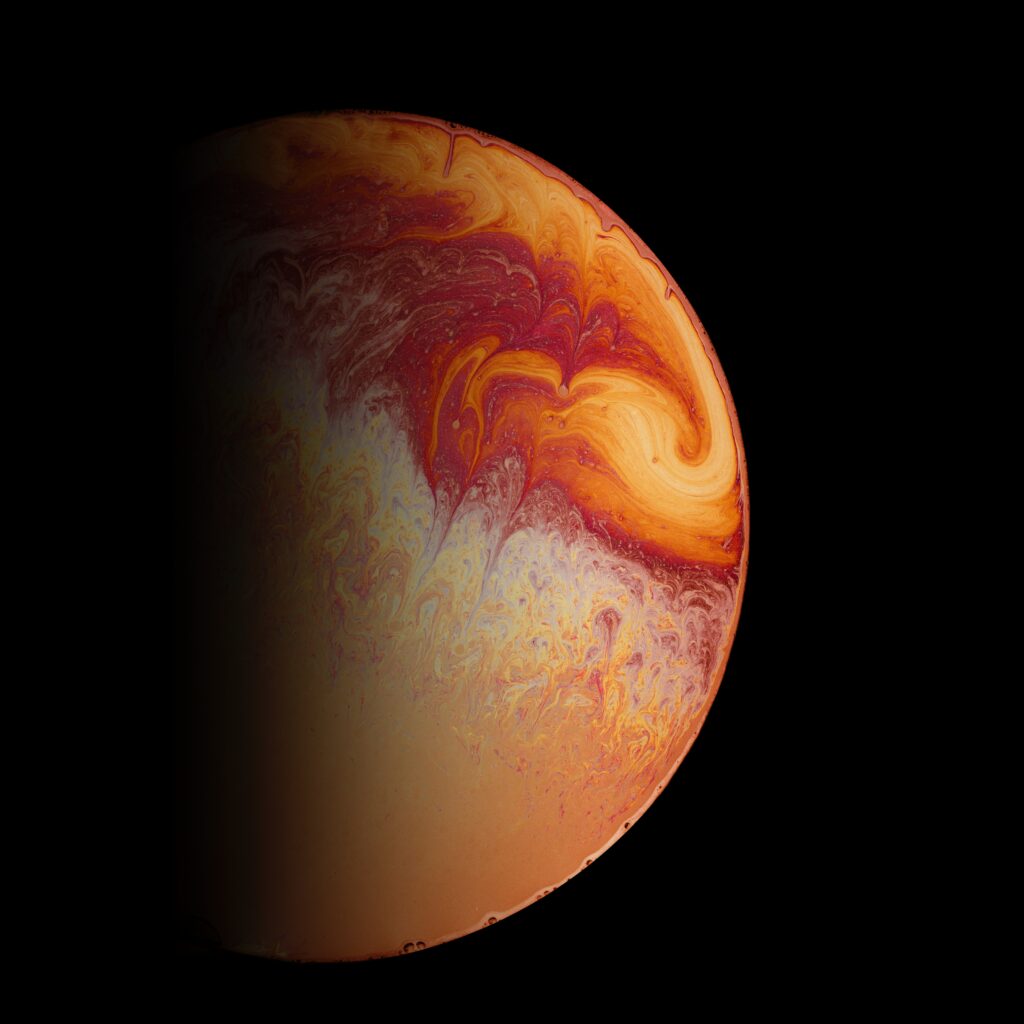
If you had to guess, what would you think would be the most curious planet in the solar system? Júpiter? Mercury? Pluton? Well if you thought of the planet Venus you have won!
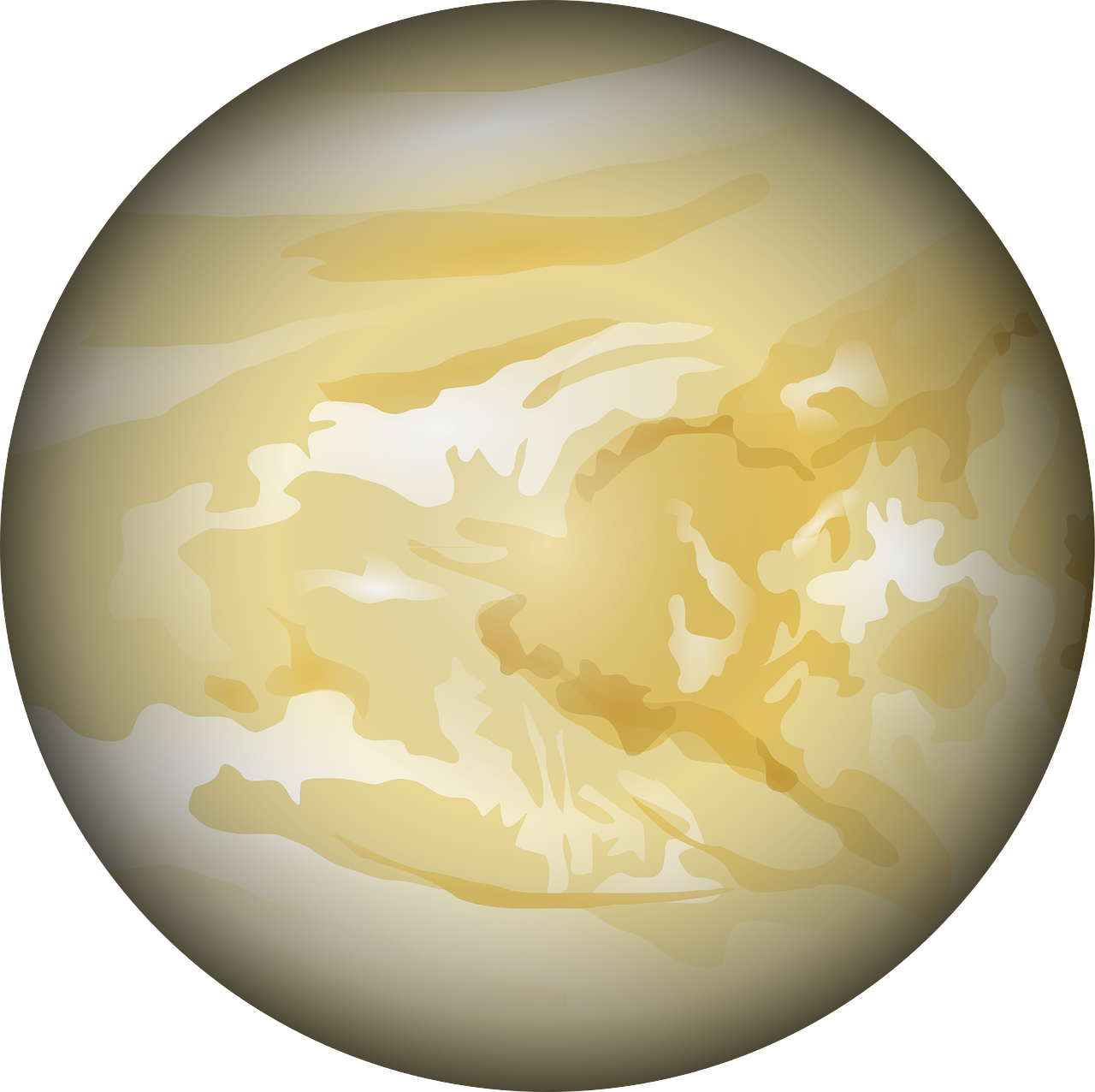
The Planet Venus is one of the most interesting planets, and the closest to Earth. It is striking and curious that this planet, like the Moon, experiences phases, although all the planets in the solar system show phases, it can be seen in the inner planets because they are whose orbit is located between the Earth and the Sun, therefore the proximity to the Earth gives us allows you to appreciate it better on the planet Venus
Venus always appears close to the Sun and thus, we observe it at dusk, at dawn, or simply, we do not see it because it is in the “new” phase (that is, between the Sun and the Earth) or in the “full” phase. ” (after the Sun from our perspective).
Venus was the goddess of love, beauty, and fertility in Roman mythology who was worshiped and celebrated in many Roman religious festivals and myths. The planet Venus receives its name in honor of this goddess, and although she was a goddess of love, it does not mean that under its atmosphere it is a true hell where the atmospheric pressure on the surface is 90 times greater than on Earth. In fact, it can reach over 470 degrees Celsius.
Said planet is the brightest “star” in the sky and therefore it is unmistakable. In addition, it must be taken into account that Venus is very close to Earth, that it is considerably large and that it reflects a large amount of light thanks to its atmosphere, which is very rich in CO2.
One of the biggest curiosities is that, from the perspective of how long the days last on Earth, we have to say that on Venus the days last much longer. In fact, on Venus one day is equal to 243 Earth days. However, a Venusian year is equal to 224 days on Earth. Although this does not make sense at first, the explanation is as follows: Venus takes longer to go around itself than to go around the sun.
For us who live on Earth it is striking that Venus is full of volcanoes. It has some 1,600 volcanoes on its surface, although they do not rule out that the number is higher since it is possible that there are some that have not yet been identified.
Venus has extreme pressures on its surface, so much so that none of the Russian armored spacecraft in the Venera series lasted more than an hour on the surface.
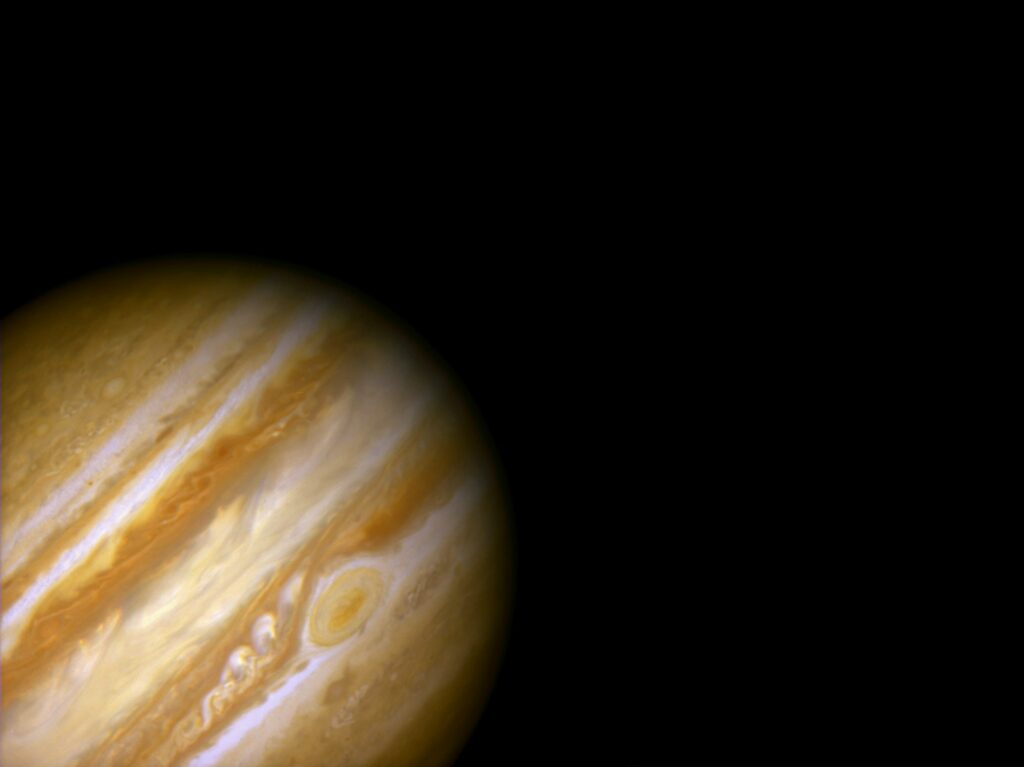
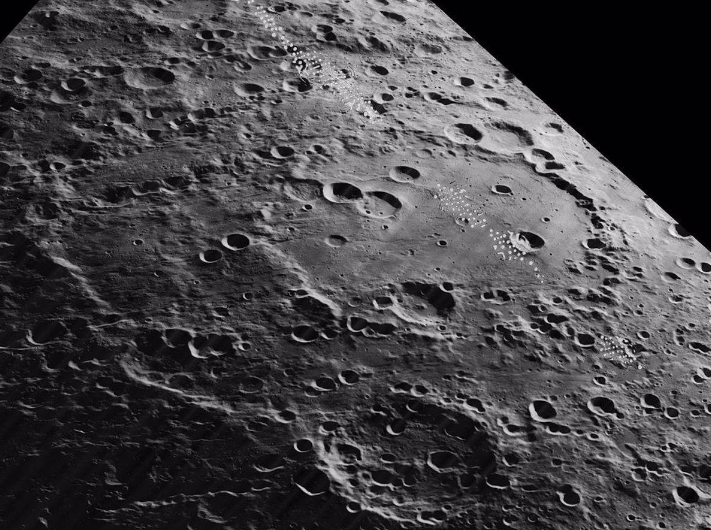
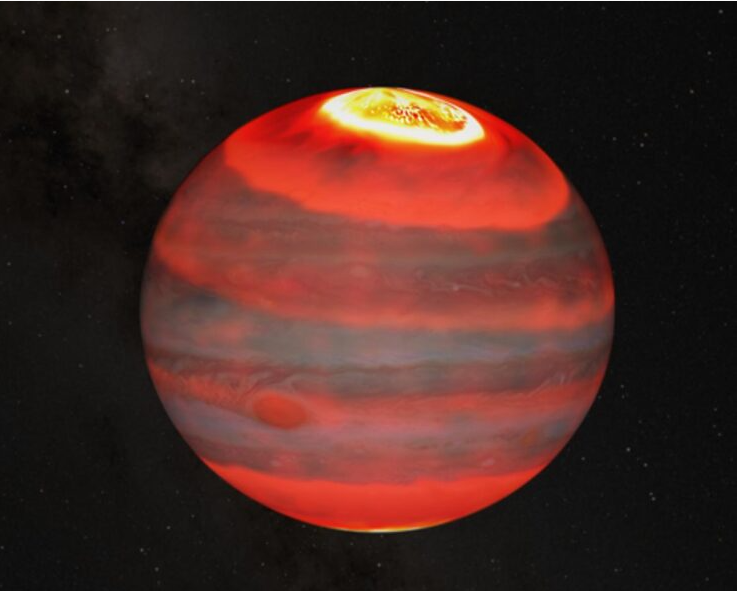
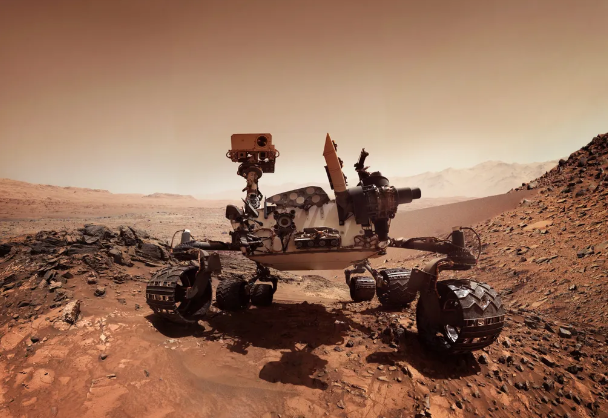
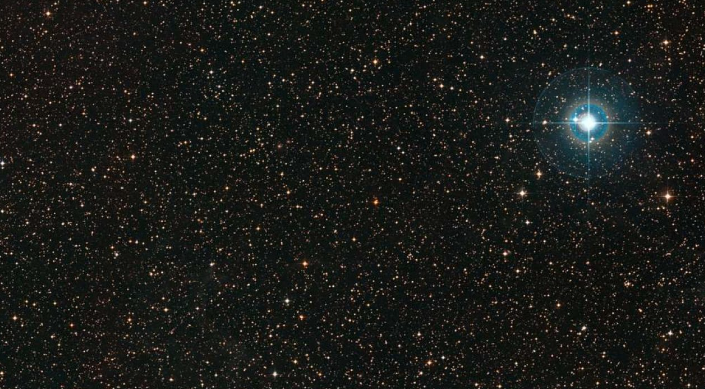
Responses